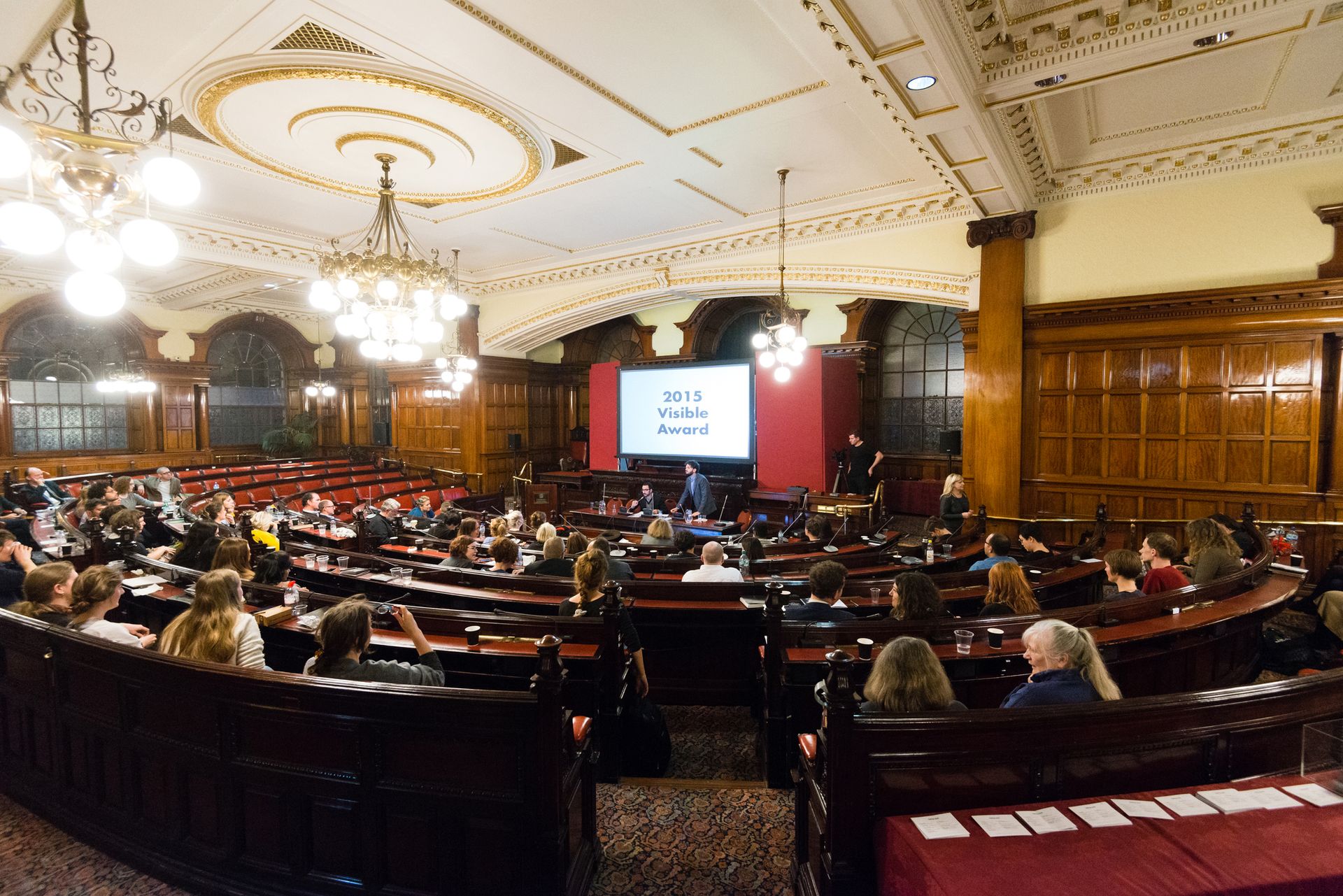Now in its third edition, the Visible Award for socially engaged art adopted an experimental format this year at Tate Liverpool. The winner was chosen via a parliamentary-style open-jury consultation that took place in the grand council chamber of Liverpool Town Hall and included members of the public—a fitting setting for an art prize that recognises social issues.
The Karrabing Film Collective, whose members mostly live in a rural indigenous community in Australia’s vast Northern Territory, was awarded the €25,000 prize. Their winning five-part work, Salt, consists of multi-layered collages of footage shot by Karrabing members on their iPhones, which speak to the harsh injustices faced by the country’s indigenous population.
Among the other nine artists and collectives on the shortlist, chosen from among a total of 67 nominated projects, were the Syria-based Abounaddara and the Mexico-based Crater Invertido, both of whom participated in this year’s Venice Biennale.

“There is a conflict between those who treat art as a private good from which to profit and those who treat it as a collective process and a common endeavour based on inclusion: the latter expresses a qualitative relationship. Art is exceptional because of the conversation it can stimulate,” said Chris Dercon, the director of Tate Modern and the co-chairman of the award with Tate Liverpool’s director Francesco Malacorda, in a video recording broadcast during the prize-giving event.
The Visible Award, founded in 2010, has previously collaborated with institutions including the Serpentine Gallery, London, and the Van Abbenmuseum in Eindhoven. It is curated by Matteo Lucchetti and Judith Weilander and is supported by the Fondazione Pistoletto, Biella, and the Fondazione Zegna, in Trivero, Italy.

